Ring and Nest let police view your video doorbell without your permission — what to know
Your options are limited in preventing these emergency requests

Ring has been been in the news recently, and not for the best reason. The Amazon-owned smart doorbell manufacturer has come under government scrutiny lately due to its relationship with local law enforcement.
Specifically, Senator Ed Markey (D-Mass.) released findings that indicate Ring has provided law enforcement with user footage 11 times so far this year without consent from users or a warrant from a judge. All law enforcement was required to do was complete an emergency request and submit it to Ring.
Markey found that Ring had also refused to commit to not incorporating voice recognition or facial recognition technologies. It should be noted that Ring has responded by saying it does not currently offer voice recognition as part of its products.
The issue with video doorbell emergency requests
This is, of course, a complex situation. America’s relationship with policing is complicated, and while some security camera features like voice and facial recognition can be controversial, they can also be highly coveted by certain consumers.
The issue here is not these features, but rather the lack of oversight and accountability. Users cannot choose whether or not to provide their footage. While they technically agree to this stipulation when agreeing to the terms and conditions of using a Ring product, the ethics are still questionable —especially since Ring could set it up so that consent has to be given or a warrant has to be provided.
Similarly, these emergency requests allow police to avoid the same due process they are required to follow in obtaining other forms of evidence. This runs counter to the typical expectations of the American legal system.
How emergency requests work
These emergency requests are fairly simple, at least in the case of Ring. According to CNET, all that is needed is a two-page fillable PDF form. Once that is submitted to Ring, it is entirely at the company's discretion to provide any, all or none of the information requested.
Sign up to get the BEST of Tom's Guide direct to your inbox.
Get instant access to breaking news, the hottest reviews, great deals and helpful tips.
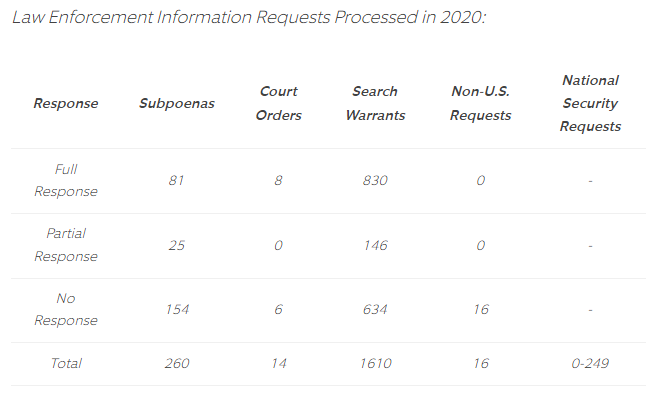
How Ring’s competition handles emergency requests
In fairness to Ring, it's not alone in how it handles these emergency requests from law enforcement. Google, which competes with Ring through its Nest line of smart home devices, has the same policy of producing information to government agencies at its discretion, according to the laws of the area in which it's operating.
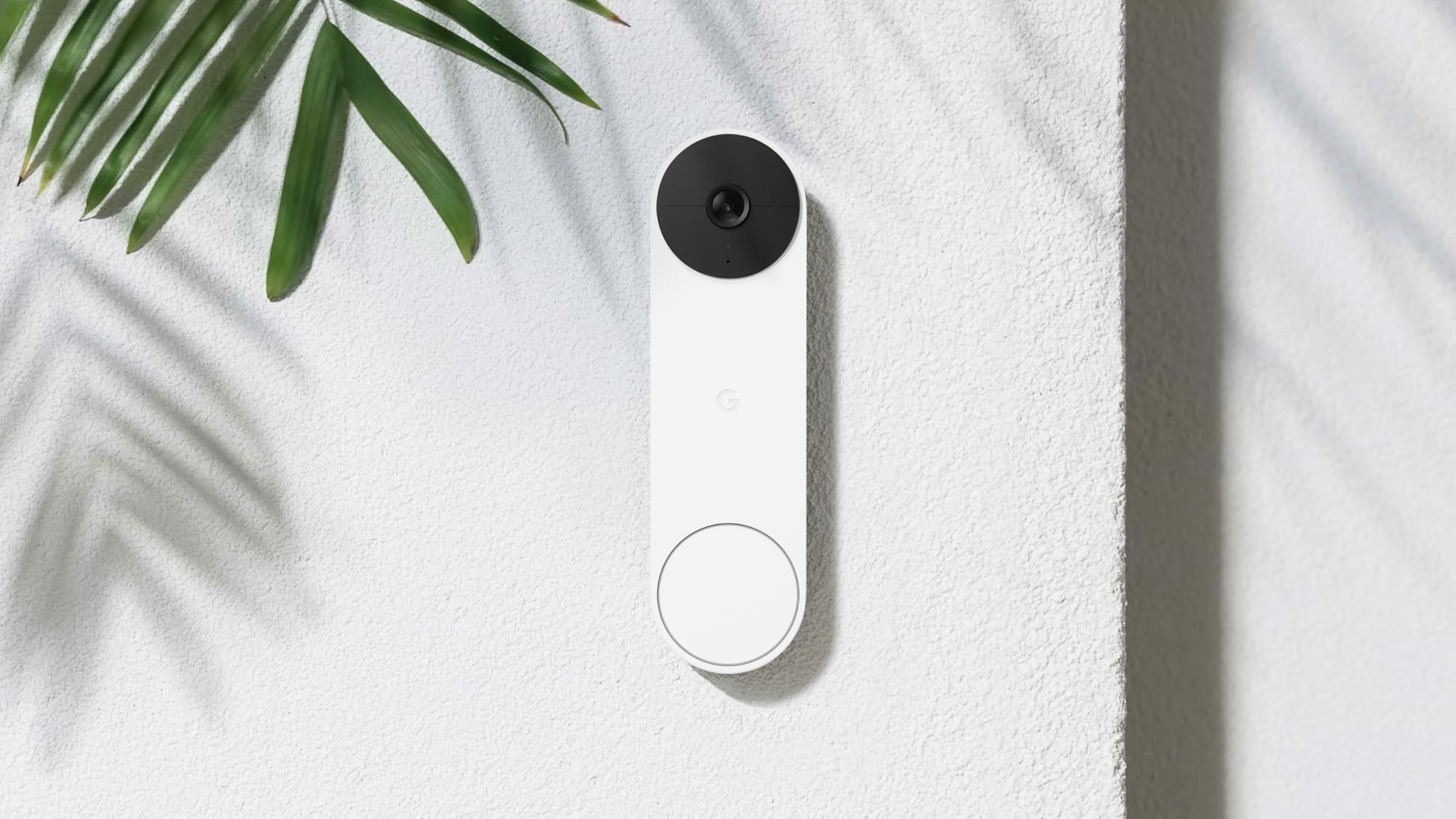
Since this policy is company-wide for Google, it applies to Nest as well as to YouTube content, search results data and more In CNET’s reporting on this issue, a Nest spokesperson stated that “This legal basis for doing so is set forth in the Electronic Communications Privacy Act, which provides that a provider like Google may disclose information to law enforcement without a subpoena or a warrant 'if the provider, in good faith, believes that an emergency involving danger of death or serious physical injury to any person requires disclosure without delay of communications relating to the emergency.’”
In short, Nest does the same thing Ring does.
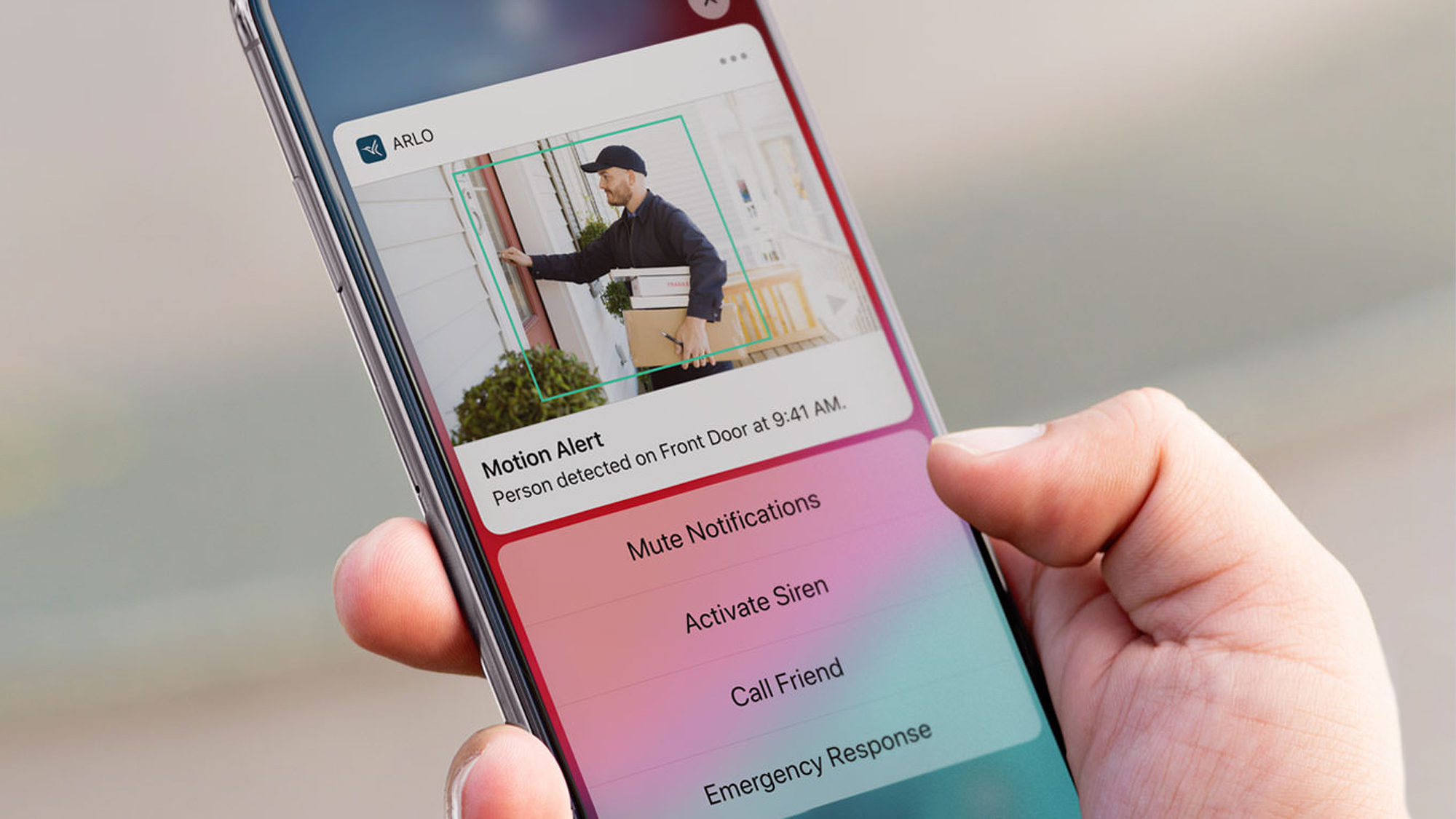
However, are some Ring and Nest competitors that do not provide information to law enforcement without a warrant, despite being allowed to do so.
CNET’s report included responses from several companies. Arlo and Wyze do not provide user data without a warrant or court order. Apple and Eufy store user footage through end-to-end encryption, so they cannot even provide user footage to law enforcement even if they wanted to. In those cases, law enforcement has to contact the user directly for footage.
Update: After our article was originally published, Kimberly Taylor, a Google spokesperson, reached out with this comment:
If there is an ongoing emergency where getting Nest data would be critical to addressing the problem, we are, per the TOS, allowed to send that data to authorities. To date, we have never done this, but it's important that we reserve the right to do so.
We take emergency disclosure requests very seriously, and have dedicated teams and strict policies in place that are designed to ensure that we provide information that can assist first responders in the event of an emergency while ensuring that we only disclose data that is reasonably necessary to avert an ongoing threat.
To reiterate, and as we’ve specified in our privacy commitments, we will only share video footage and audio recordings with third-party apps and services that work with our devices if you or a member of your home explicitly gives us permission, and we’ll only ask for this permission in order to provide a helpful experience from an approved partner (such as a home security service provider).
Emergency Requests: Can you prevent them?
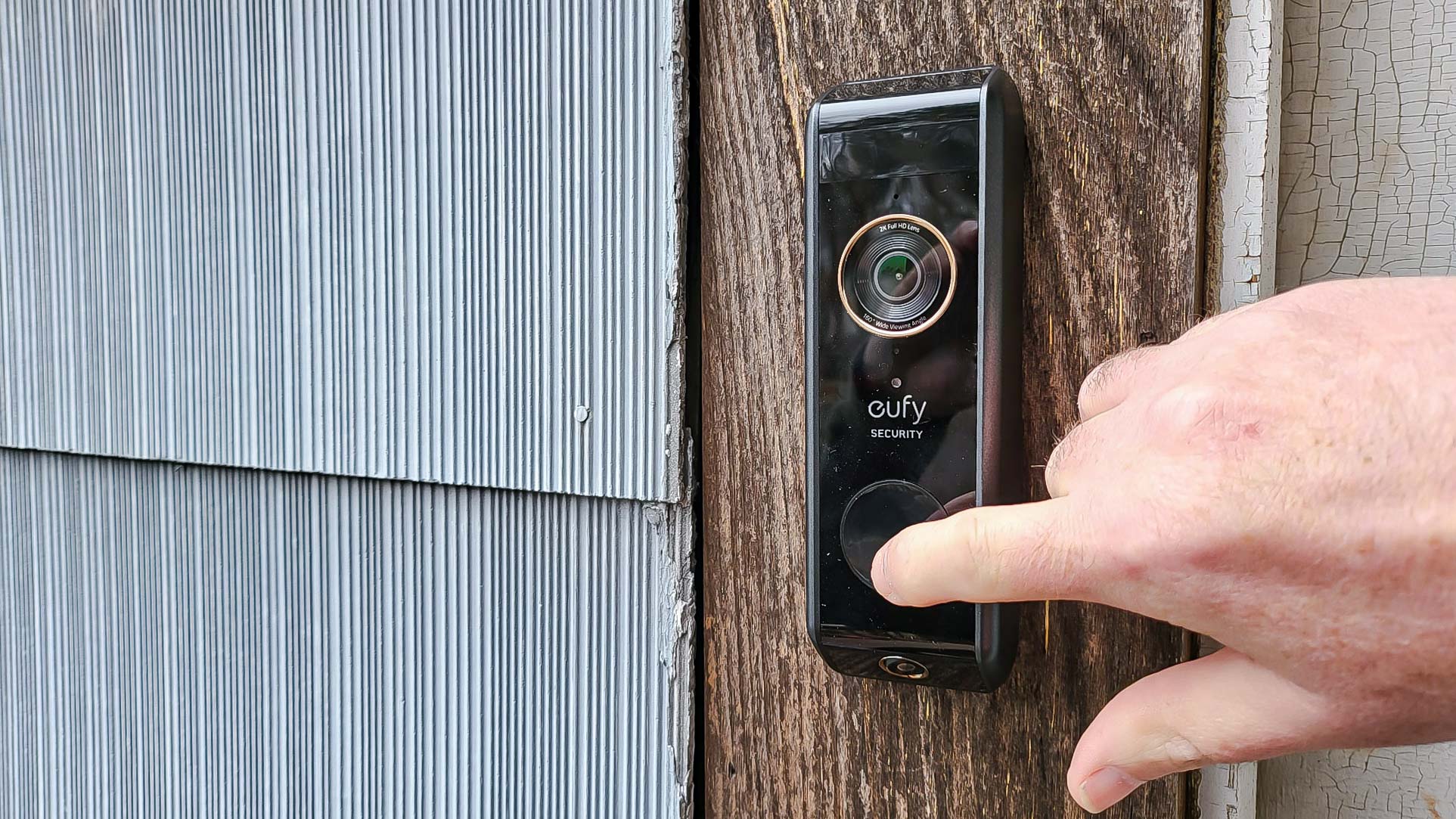
Unfortunately, there is very little that smart doorbell users can do to prevent their footage from being pulled in an emergency request. You are essentially at the whim of the company where your footage is stored, which is typically the servers of the company that manufactures the doorbell.
The main option is to ensure that your data is end-to-end encrypted, which prevents companies from sharing it because they lack access to it. A good option for this is the Eufy Video Doorbell Dual, as Eufy stores its user footage through end-to-end encryption.
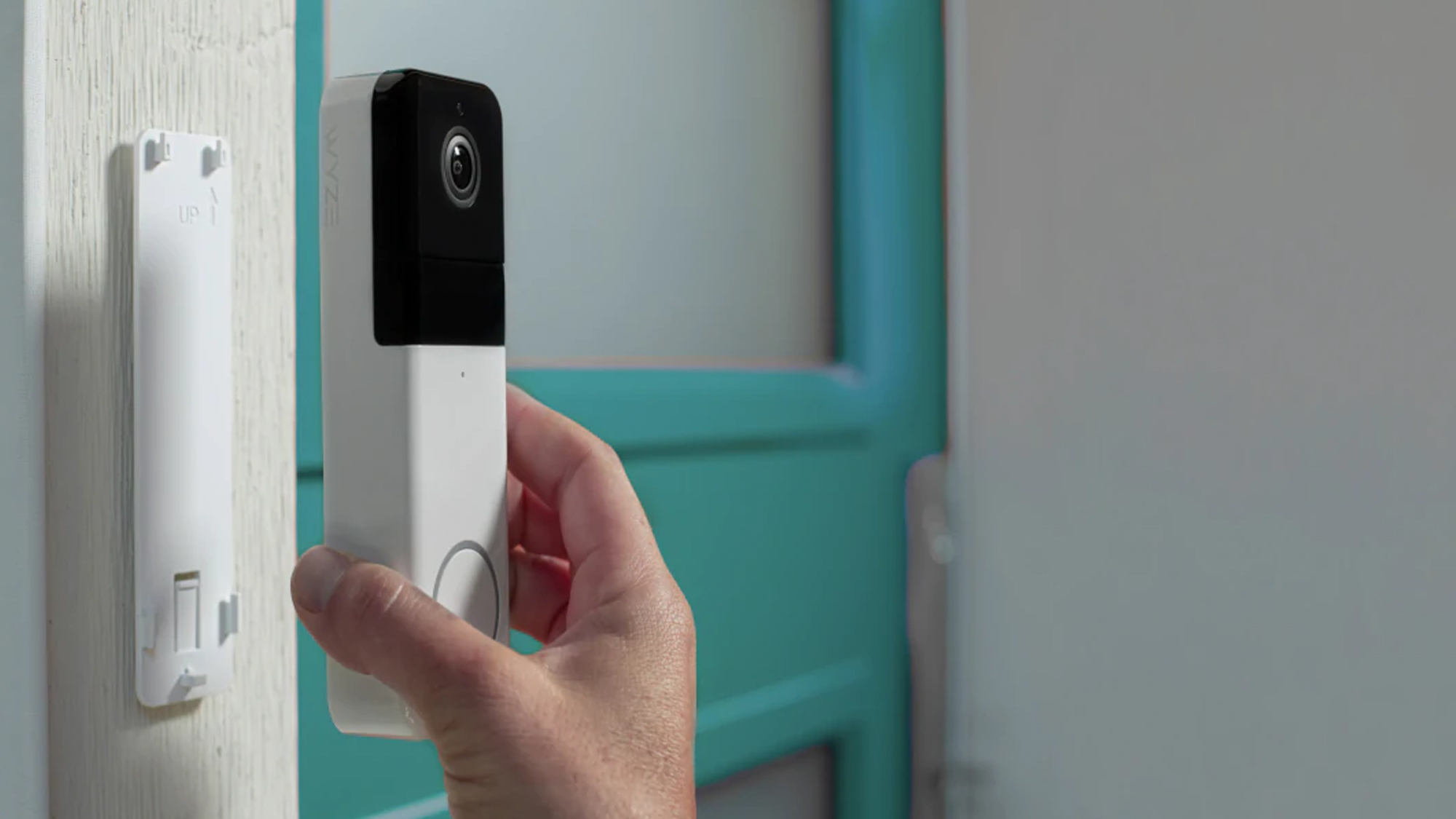
You could also go with the Wyze Video Doorbell Pro, which currently sits number two on our list of best video doorbells or the Arlo Essential Wireless Video Doorbell, which is at number six. These companies do not store your data through end-to-end encryption, but their company policy does prevent user footage from being used without a warrant or court order.
Finally, if you are set on using a Ring doorbell, you can set your data to be end-to-end encrypted. However, Ring states that this will break certain features, including viewing your footage on an Amazon Echo smart device. Google does not offer this feature for its Nest Doorbell, so you will need to be comfortable with how your data is handled if you chose this device.

Malcolm has been with Tom's Guide since 2022, and has been covering the latest in streaming shows and movies since 2023. He's not one to shy away from a hot take, including that "John Wick" is one of the four greatest films ever made.
